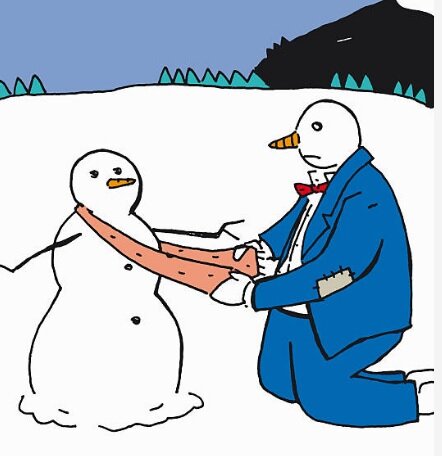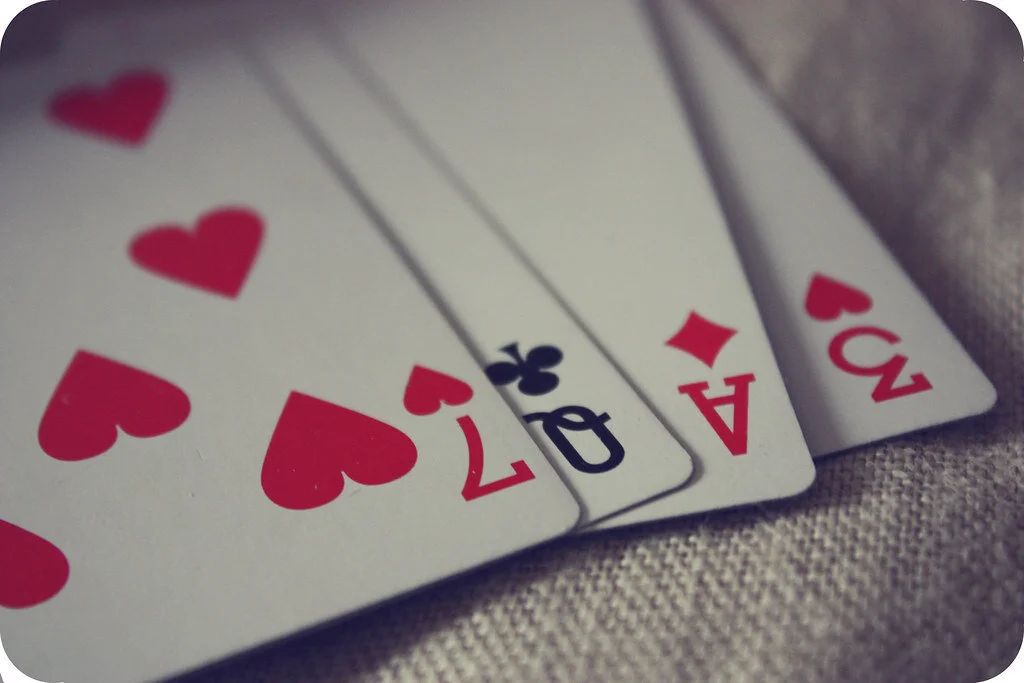GAMBLING ADDICTION SELF-HELP BLOG
Letting go of gambling ….why is it so hard -even when holding on hurts more?
This topic really felt relevant for me to write about, as I have been up against this topic myself last week. A few weeks back I was told on short notice that I would no longer be able to run my gambling support group for the homeless- a group that I have invested heavily in during the last 8 years. When I say invested heavily- I am not necessarily talking about time spent running the group. It was just one hour per week, albeit over 8 years that add up. But I referring more to the about emotion. This group has been an eye opener, a learning curve, a remarkable community and an extremely worthwhile venture. I have reflected on the learning and on the sad stories presented to me far and beyond the hour spent with the group. Their often cruel but honest humour, and ability to laugh at tragedy may seem ‘twisted’ but is an often necessary response to the deep end of human suffering. Needless to say I have derived great joy from helping these men and women, achieve change. For some that change has been at the level of seeing a smile on their face. For some it has been a new suitcase to replace an old bin-liner. And for others it has been the mere commitment of showing up for this one hour per week when everything else has felt chaotic and out of sync. Many have even made real progress in reducing or quitting their gambling, and have made it into accommodation. There was little doubt that we all struggled with this final goodbye after so many years but we were at least all in agreement; when good things come to an end they don’t need to go on forever in a practical sense. They will live forever in our hearts as fond memories. We all agreed that it has been a lot of difficult but good times in the group – and we all accepted that it was ending and that a goodbye was necessary. This is what I would call a ‘clean’ letting go. Not sure there is anything called a ‘dirty’ let go – but I will spend the rest of this article looking at what it looks like when letting go is necessary; but the circumstances are less straightforward. This is often the case when you have invested yourself wholeheartedly, but the sense of reward and reciprocity has not been present, not consistent or in some cases not there at all. Somehow things are not adding up, it feels unfair and/or unresolved. Gambling tends to be an activity that produces all of the above, but there are of course other life circumstances too, not least the area of relationships. In both gambling and less healthy relationships, the common denominator is often the case of one person’s one-sided ‘chasing’ and clinging . You have invested (be it time, money, energy, emotion or all them ) but unlike in my personal example about ending the group, here we are talking about those times when there has not been returns on that investment. It leaves you feeling bereft and desperate, obsessed and confused. Like you have been ‘cheated’ or are at a loss. Often even though you have yourself watched the process unfold. This is the daily experience of a gambler. You are trying harder and harder, in spite of accumulated losses. In these situations- letting go is the most logically obvious- but the absolute hardest thing to to do!
Let’s explore some of the reasons why this happens…..
# you feel that you have invested a lot….and that consequently you are owed returns on your investment. Read the below…does it sound familiar?
‘ but if I walk away now- what did I get for all of that money, time and ‘effort’ that I put in. And what about all the losses – how would I recover them if I don’t even give myself a shot at winning…? Better give it another go in case this is the time that I will strike lucky’
Our human nature often contributes to a couple of inaccurate assumptions. We often assume we should have control over situations and our life (which taking a step back we can immediately conclude we don’t have). We also often assume that there should be a sense of justice to situations. If I do X then he/she/it should do Y’. If I am kind to someone, they should be kind to me or I had so much bad luck yesterday - today I will be lucky. We might feel that things we do for others should be reciprocated. In gambling this translates to an expectation of a particular outcome that is being ‘earned’ as you are putting money and time towards the activity. ‘this machine is definitely due now’ ‘it has to pay out soon, I’ve stood here pumping in money for hours….
It is no news that there is a HUGE illusion of control at play in gambling disorders. In fact this constitutes one of the biggest drivers of the addiction both early days in the addiction and often throughout recovery as well. ‘If only I pursue my gambling like this – then I will be the winner…’
One of the underlying processes that make gambling highly addictive is the concept of intermittent reinforcement schedules. This forms part of the underlying gambling psychology and is why gambling is addictive to human beings. If you are curious you can look it up, and if not we will come back to that topic another time in this blog. Briefly; intermittent reinforcement schedules refers rewards for a behaviour that is delivered on unpredictable and often random intervals, and sometimes in varying strength. This is known to foster great compliance and high motivation to continue engaging in a behaviour.
# many gamblers are competitive, hence the feeling of loosing or feeling ‘defeated’ leads to wanting to gamble even more to get a chance to ‘get back’ at the industry for taking your money, time and energy.
# the illusion of control, (referred to above) one of the well known cognitive distortions that problem gamblers present with. Essentially this is when you fool yourself to believe that if only you applied different formulas/strategies to your gambling, you will probably strike lucky… This type of thinking fuels further chasing and on a purely psychological level it can lead to intense obsessing and ‘clinging’ to the idea of winning.
# if you stop there is often an immediate and overwhelming sense of loss since there is no longer a hope of recover any of your losses - this feeling will pass however can understandably be very strong right at the beginning when you try to quit. It may become easy to misinterpret this negative mood state as a signal that stopping is not the right thing to do, and before you live to experience the sweet relief that comes with properly letting go – you go back to cause more damage to yourself
# The gambling may have acted as a surrogate (although a bad one) for emotional coping skills, lift from boredom and escape from difficult problems and feelings.
No matter what role the gambling has played for you or how attached you feel please DO KNOW that whatever excuse your mind is giving you - the fact is that you would not be in the position that you are with gambling if it was a working formula. Put mind over matter quickly before this addiction drags you further down a hole- and ACT quickly even if a large part of you is struggling against.
Doomed if you have …doomed if you don’t have…. The impossible role of Money for addicted gamblers and how to think about it
Doomed if you have …doomed if you don’t have…. The impossible role of Money for addicted gamblers and how to think about it
One of the topics that often preoccupies early day interventions for problem gamblers is that of Money. Each month of the year presents its own challenges relating to money and I thought it would be worth taking a look at the very complex role of money in the life of a problem gambler; and how having better awareness of your relationship with money can help you remain abstinent in the longer term. It can be tempting to think that paying attention to money is counterproductive to abstinence as it could ‘feed an obsession’ at a time when you are busy trying to cut your losses and move on. Not addressing your attachment to money can however have the reverse effect that you are looking for and hence I have put together a small list of points to consider as you are now entering your recovery.
Some of the complicated contradictions with money in problem gambling….
# Having money can often lead to an urge to want to gamble
# Having NO money can often lead to an urge to go gambling (you quickly want to make some more)
# Being in debt can be depressing; and the prospect of long-term repayment plans can make a gambler feel tempted to have ‘a quick win’ instead
# Living ‘hand-to-mouth’ often leads to a very short-term focus (and those living hand to mouth will usually adapt a short term focus depending on what caused what) – one where no long term plan for money exist. This state often makes people more likely to justify a little bet; in the end of the day it does not feel like there is that much to loose .. (but of course it makes it impossible to get out of the hole that gambling has created).
# Having no access to money over long periods of time often makes people feel infantilised, less achieved and sometimes a bit bored; all of which can lead to urges to want to gamble
# having outgoings monitored by a loved one often feels intrusive and difficult; and can sometimes add further strain to already strained relationships
#having nobody monitoring accounts and outgoings represents a huge risk for the gambler as they can then convince themselves that they are just ‘using a bit’ to increase the money they have, something that will result in more chasing and more losses.
It would be fair to say that most people would like to have a bit more money. This is not isolated to gamblers at all – however unlike for people suffering with other addictions- gamblers are the only ones who think (from time to time at least) that their addiction is going to make them rich and, if all goes to plan, also possibly help put the addiction to rest. This is of course far from the truth. But it does not take away from the fact that you still might want and need some more money in your life.
So how is one supposed to relate to money when it has become a curse both in its presence and in its absence? Money constitutes the absolute biggest trigger for any problem gambler! It is the very means required to fulfil your gambling addiction and as such can be equated to 'the bottle' for an alcoholic or direct drug access to a person addicted to drugs. The difference is that we still need money to live hence why significant efforts need to go into blocking access to money, and ensuring that these restrictions are not suddenly taken out or reduced for reasons that tend to be driven by ego needs and strange justifications for why life will never be the same with these restrictions in place.
The role of money is highly complicated and it will be worth it for you to spend some time reflecting over the following points. I have written them in ‘I’ format so that you can really pretend like you are thinking it to aid you in reality checking some of the distortions that can easily occur.. .
Rules of thumb for money relating & 3 things I can do right now...
# Although I keep thinking I need money – the fact is I don’t have any due to gambling anyway (and I have gambled a long time) – so is it possible that I actually need money less than I realise?
Merry-go-round of Misery
A BLOG ARTICLE ABOUT BAD HABITS...
There you are suddenly realising something that has been your escapism, your fantasy resort, your avoidance from reality and all of its hardship is needing to be amputated from your life. Maybe you knew intellectually for months or even years that this habit was breaking you - but as we do when something feels so good, even if just for a moment, you choose to ignore your inner knowing and carry on. Even when that means breaking every boundary you ever had to try and make it work for you. For some, the destructive nature of their habits has been glaring in the face for a while- for others it a sudden insight. Regardless of which group you fall into; changing is hard and requires considerable effort. And we are not talking one quick push here, we are talking sustained and stable efforts towards something that you may not be able to taste the fruit of yet even in your imagination. No matter how unhealthy our habits have become, they sure manage to plug a hole in our life. And act to fill us with brief -but temporary- numbness, relief -or even highs. Like an anaesthetic shot at the dentist; We get to feel temporarily free-ish of the pain – but we still feel a bit of the pain right!? Like a bad tingle that tells us that without that shot we would have been squirming in discomfort. But with it- it was tolerable. Same with our bad habits. It is not as if we fool ourselves all that well… click on image to read more


















